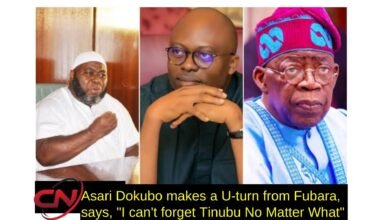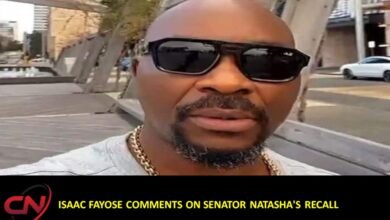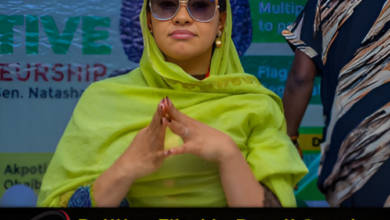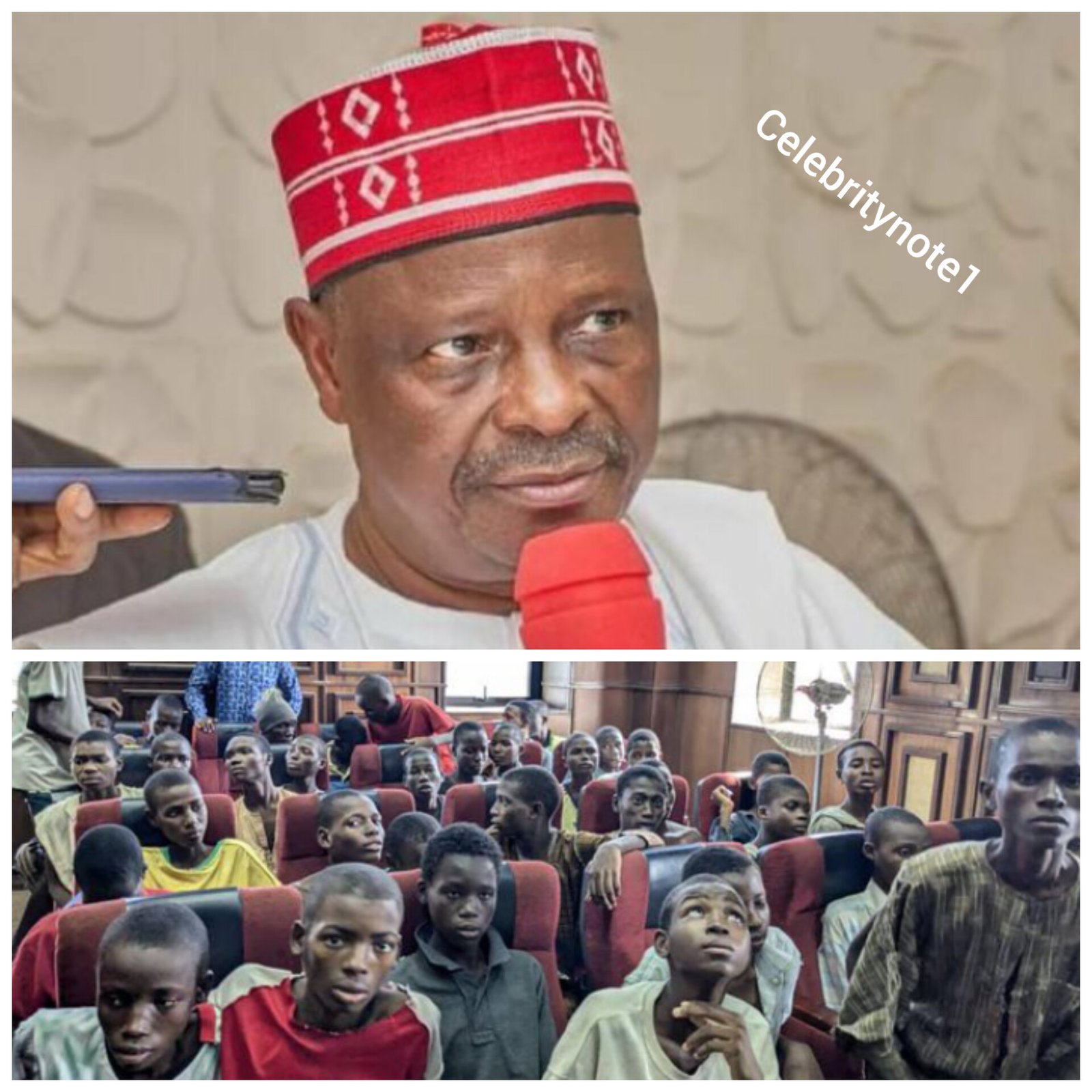
The current disposition in Nigeria has been marked by the actions of the police and other law enforcement agencies in relation to the use of force to deal with children who became involved in protests. Importantly, a well-known politician and former governor of Kano State, Rabiu Kwankwaso, has openly condemned police actions.
Advertisements
These were made in reaction to the arraignment of some of the minors involved in the #EndBadGovernance protests, thereby sparking concerns about justice and human rights in the country.
Background of the Protests
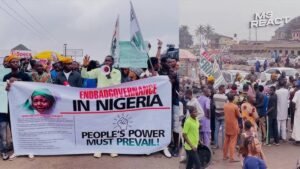
The #EndBadGovernance protests that began in Nigeria stemmed from citizens’ frustrations with bad governance and the failures of the government to address different challenges such as corruption, economic challenges, and a lack of basic services, among others.
People, especially the youths in Nigeria, students, and activists, staged protests in order to demand change in governance. However, the response from the police has been disputed, especially when using force and arresting protesters, including children.
Criticism of Rabiu Kwankwaso
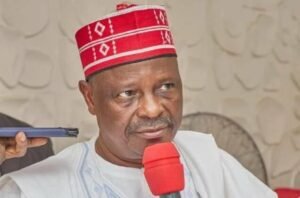
Rabiu Kwankwaso has always supported the plights of the citizens, especially the youths, who are always on the front lines in the agitation for their rights. In his recent utterances, he condemned the police for choosing to arraign minors, pointing out that such actions are not only unfair but are also retrogressive to the tenets of democracy and human rights.
Kwankwaso said,
“It is condemnable to take children to jail for exercising their rights. The roles of the police are to defend those youths, and instead of doing so, they continue to arrest them”.
His comments seem to echo what has now become the opinion of many people in Nigeria concerning the handling of young protesters and the general state of democracy in the country.
Legal Issues & Ethical Concerns
The arraignment of minors is surrounded by legal and ethical issues. In Nigeria, there are certain legal measures that aim to protect children, especially in regard to their treatment within the justice system.
Any participation of minors in protests should be regarded in terms of their rights to freedom of expression and assembly. Kwankwaso stressed this factor, stating,
“It is important that we remember that these youngsters are the leaders of tomorrow. Rather than punishing their actions, we should be paying attention to what they have to say.”
This is disheartening for the Nigerian people and could set a precedent for future generations to shun active politics. Kwankwaso’s statement to reconsider how the police treat protesters is a simple call for justice and fairness.
Public Response to the condemnation of Rabiu Kwankwaso
Concerning the contentious issues that Kwankwaso has raised, his sentiments have been echoed by many Nigerians who are concerned with how the protesters have been dealt with. Several supporters have taken to social media to support his stand and the need to cease the arrest of minors who participate in politics. The people as well as non-governmental organizations have supported the cause of action, calling for police reforms.
An activist noted, “More than anyone, Kwankwaso’s voice is imperative in this campaign.”
Another said,
“We deserve leaders who will fight for our rights, particularly the young people, who are always ignored.”
Such an attitude reveals society’s need for political leaders to stand against some wrongdoings that are committed by the state machinery.
The Role of Civil Society
Non-governmental bodies are important in the task of defending persons’, especially their rights in case of violations by the state. The action taken by Nigerian youths through the #EndBadGovernance protest has revealed the relevance of these organizations in checking the excesses of the government. They have best played the role of exploring various human rights abuses and legal defense for those who have encountered the police forces’ brutality.
Kwankwaso recognizes the efforts of civil societies and notes,
“We need to continue to support ourselves and our youths and ensure that their voices are listened to and granted.”
Moving Forward: A Call for Reform
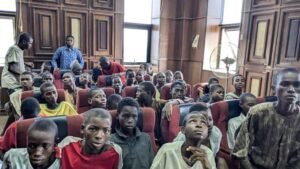
With the current disposition gradually unfolding, Kwankwaso and his criticism of such brutal acts of the police serve as a driving force for actual change in the Nigerian legal and political scenery. Presently, he asks that better treatment, accountability, and respect be accorded to Nigerian youths. He ended by saying
“We cannot continue to allow our police to act with impunity. It is time for a comprehensive reform that prioritizes the protection of citizens’ rights.”
Other articles
- Canaanland Airstrip licence to be revoked
- Popular Chidimma Adetshina South African Citizenships To be Revoked
- [SHOCKING] Ned Nwoko Asks FG to Allow Nigerians to Carry Guns
Conclusion
The condemnation of Senator Rabiu Kwankwaso regarding the arrangement of minors who participated in the #EndBadGovernance has been met with support and an increased call for justice and respect for human freedom. His calls for justice resonate with the long desire of Nigerians to be treated better by the leaders and the police force.
Because the future of Nigeria indeed depends on the ability of the leaders to adhere to the fundamental human rights of their followers, it is imperative that we do not give up on our quest of overhauling the Nigerian legal system.
In the words of Rabiu Kwankwaso, “Let us stand together for justice, for our children, and for the future of our nation.”

